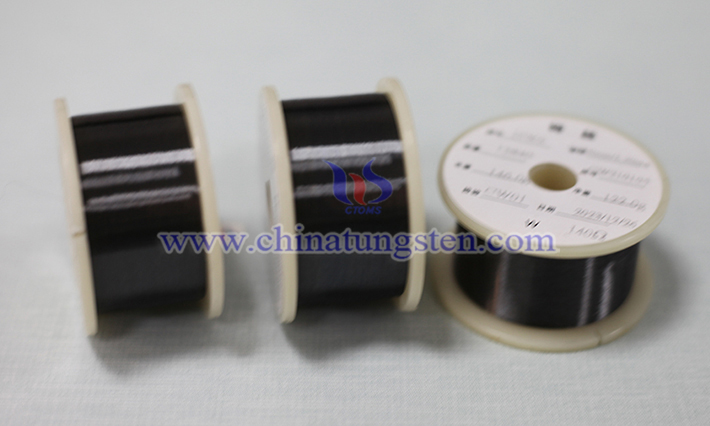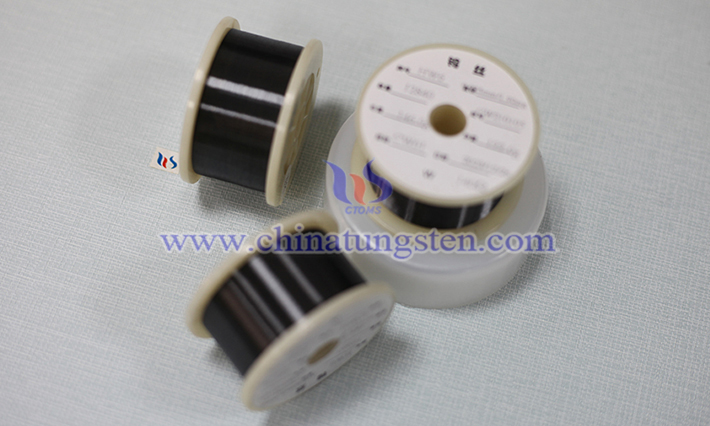Why Choose Tungsten Wire for Heating Glass?
- Details
- Category: Tungsten Information
- Published on Wednesday, 25 June 2025 18:45
The reason for choosing tungsten wire as a heating element when heating glass is mainly based on the unique physical and chemical properties of tungsten.
First of all, tungsten has an extremely high melting point of about 3422°C, which is one of the metals with the highest melting point in nature. Glass processing (such as melting, forming or annealing) usually needs to be carried out in a high temperature environment. Tungsten wire can withstand high temperatures above 1000°C without melting or deformation, ensuring the stability of the heating process.
Secondly, the resistivity of tungsten wire is moderate, which is suitable as an electric heating element. When powered on, tungsten wire can heat up quickly and transfer heat evenly, which is suitable for the precise temperature control required for glass heating. At the same time, tungsten has a low thermal expansion coefficient and good dimensional stability at high temperatures, reducing equipment damage caused by thermal expansion and contraction.

Third, tungsten has strong chemical stability. During the glass heating process, the environment may involve high-temperature oxidation or reaction with other substances. Tungsten has good oxidation resistance at high temperatures, especially under vacuum or inert gas (such as argon) protection, which can effectively prevent oxidation and extend service life.
In addition, tungsten wire has high mechanical strength and good durability. Even in repeated heating and cooling cycles, tungsten wire can maintain structural integrity and is not easy to break, making it suitable for long-term industrial applications. Compared with other materials (such as nickel-chromium alloy), tungsten wire performs better at extreme high temperatures and is particularly suitable for high-precision glass processes.

However, tungsten wire also has limitations, such as high cost and easy embrittlement under certain conditions, so it needs to be used with appropriate protective measures (such as vacuum or inert atmosphere).
In summary, tungsten wire is an ideal choice for glass heating due to its high melting point, resistance characteristics, chemical stability and mechanical strength. It is widely used in glass manufacturing, bulb production and vacuum furnaces. In practical applications, tungsten wire is also often used in the molding process of optical glass and special glass to ensure product quality.
- Chinatungsten Online: www.tungsten.com.cn
- CTIA GROUP LTD: en.ctia.group
- Tungsten News & Price: www.ctia.com.cn
- Molybdenum News & Price: news.molybdenum.com.cn
- Tel.: 86 592 5129696; Email: sales@chinatungsten.com